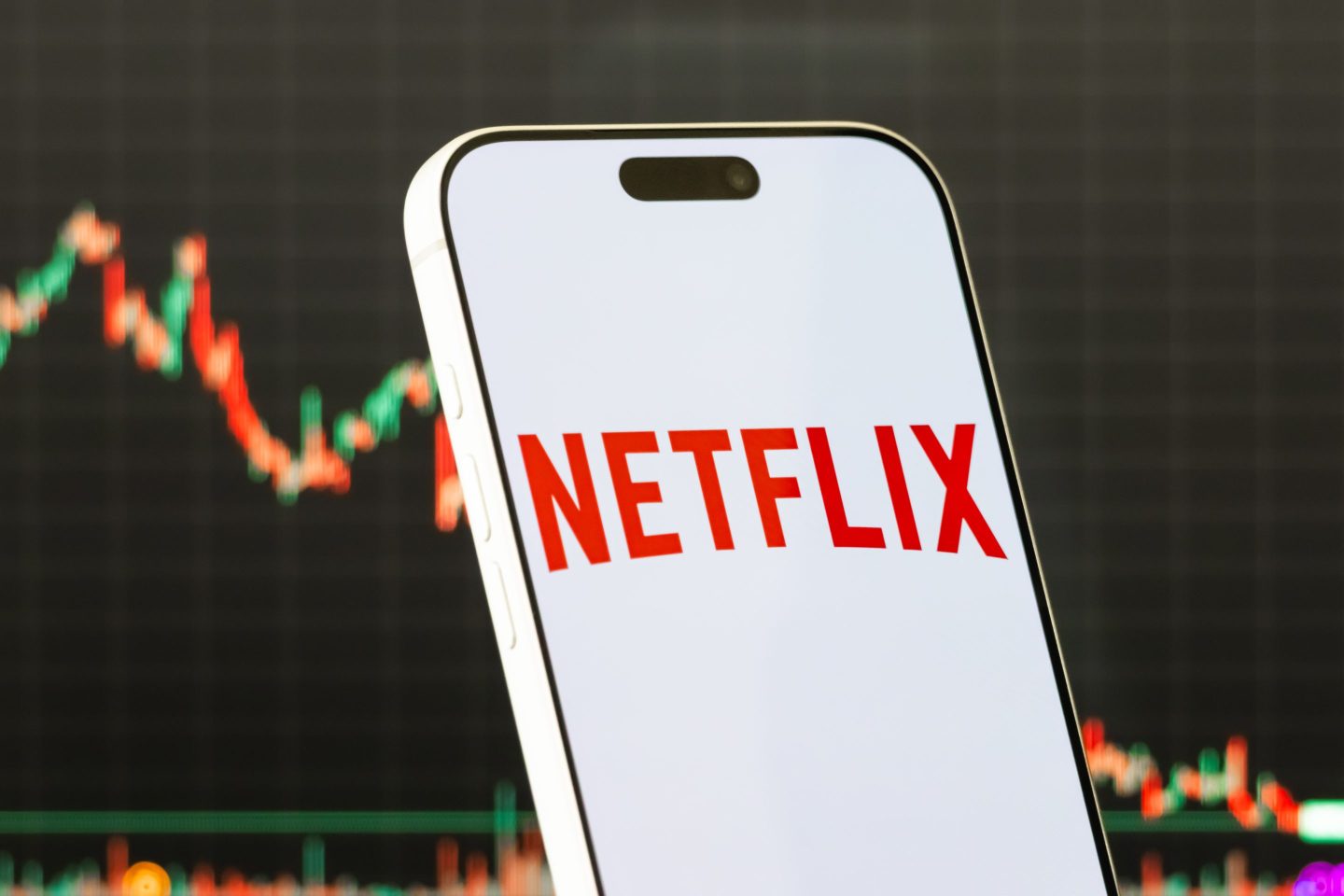This article first appeared in Data Sheet, Fortune’s daily newsletter on the top tech news. To get it delivered daily to your in-box, sign up here.
“Be cool, it will all work out.”
Thus spake wrote the leader of the free world, on a service called Twitter (noun: “a series of short, high-pitched calls or sounds”), regarding the latest episode of our internationally broadcast reality television show otherwise known as U.S.-China trade relations.
Specifically, Donald Trump decided over the weekend that perhaps his Commerce Department shouldn’t have issued a death sentence against Chinese telecommunications company ZTE. The previously dimly-known company had improbably become the No. 4 smartphone seller in the United States. It ran afoul of U.S. restrictions on doing business with Iran, and the current administration in Washington prohibited U.S. companies from providing ZTE with components—effectively ending its ability to operate.
Once again the technology industry—and the world—finds itself on the other side of the looking glass. For all its development, business leaders in China know a single entity has the final say in all matters of importance, the Chinese Communist Party. Not true in the U.S., where the rule of law trumps the rule of women or men.
Now, a capricious president orders one thing one day, presumably fields a phone call from a powerful peer the next day, and changes national policy the one after that.
It is a cliché that businesses crave certainty and hate the opposite. Nothing is certain these days. The U.S. government, which once set the agenda for the global economy, rattles trade (and real) sabers one moment and capitulates without any tangible results the next.
How should CEOs plan in an environment like this? Their guesses are as good as anyone else’s.











